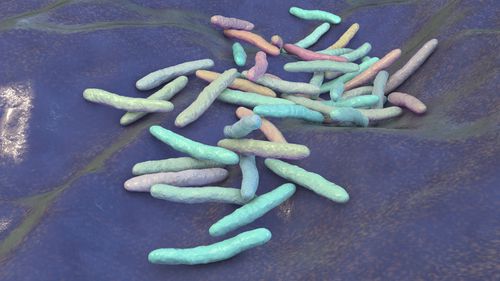Infection
Warning as bacterial skin infection cases soar in Melbourne suburbs
Residents in Melbourne’s northwest are being urged to stay vigilant as a bacterial infection spreads through multiple suburbs.
The Buruli ulcer virus has spread across Moonee Valley through mosquito bites, with increased cases in Essendon, Moonee Ponds and Strathmore.
The Merri-bek suburbs of Coburg, Brunswick West and Pascoe Vale South have also seen a rise in cases, according to the Western Health Public Health Unit (WPHU).
The virus, caused by the bacterium Mycobacterium ulcerans, destroys skin cells, small blood vessels and fat under the skin, leading to infection, ulcers and skin loss.
“Most Buruli ulcers are treatable with oral antibiotics,” Moonee Valley Mayor, Pierce Tyson Mayor said.
“Early diagnosis is key to a swifter and more full recovery.”
“While the risk is low, we want to ensure all our residents are fully informed on how to keep themselves and their families safe from Buruli ulcer,” Mayor Tyson said.
Timeline: How the deadly Ebola virus arrived in the US
The disease is likely spread from possums to mosquitoes and then to humans, according to the WPHU.
Residents have been told to avoid areas with stagnant water where mosquitoes may be present, as well as making sure water hasn’t pooled inside dog pools, pot plants, buckets or discarded tyres.
Wearing long-sleeved clothing and insect repellant can also help prevent mosquito bites.
Symptoms of Buruli ulcer
The skin infection may start as a rash, a bump or a raised patch on the skin, which then grows into an ulcer over a few days.
These bumps will appear in places most likely to be bitten by a mosquito, such as legs, feet and arms.

